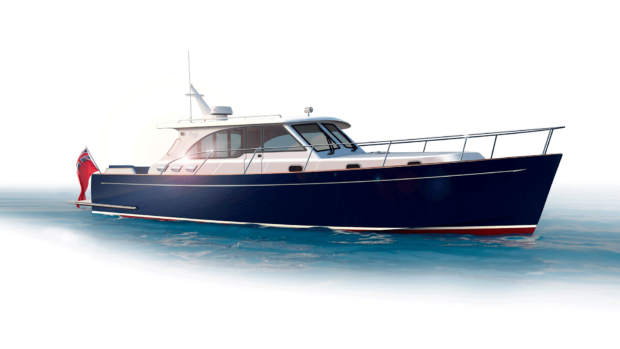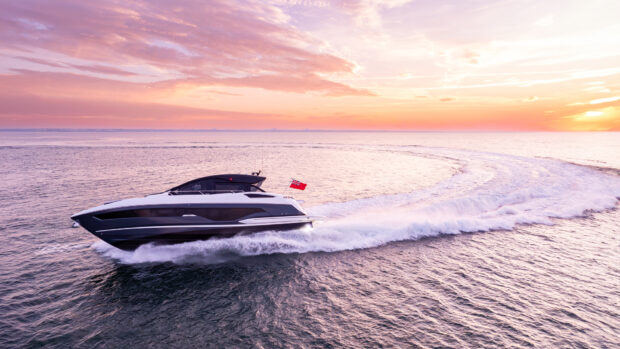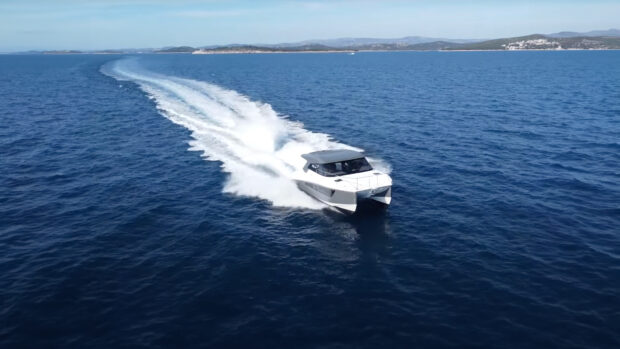Conservationists vs powerboaters
The organisers of the Round Britain Powerboat Race have had to reroute part of the race after the Marine Conservation Society (MCS) raised concerns about the safety of marine wildlife along the course.
The MCS warned organisers of the potential for lethal race boat collisions with basking sharks at known shark hotspots along the route.
MCS say they remain concerned that other marine wildlife including seabirds, seals, whales and dolphins may be hit along the route by the high-speed boats, or disturbed by their noise.
“Whilst we applaud the race organisers for acting on our advice about basking sharks, MCS is still concerned that other marine wildlife is at risk from collisions, or disturbance form boat noise,” said Dr Jean-Luc Solandt, MCS Biodiversity Policy Officer.
“We urge the race boat pilots to be highly vigilant along the route and slow right down in the vicinity of any marine wildlife.
“This is as much for the pilots’ sake as the welfare of wildlife, because collisions with seabirds and marine mammals, not to mention 12m long basking sharks, pose a serious health and safety risk to the race participants.”
Race organisers were sent UK shark distribution maps from the MCS Basking Shark Watch project and have since introduced a number of measures to minimize the risk of collision.
These include compulsory GPS waypoints that guide the race away from basking shark hotspots along the race route; provision of advisory avoidance GPS waypoints; and daily information briefings to boat pilots regarding known marine wildlife activity in the area.
Basking sharks, whales and dolphins are protected under the Wildlife and Countryside Act and it is therefore illegal to intentionally kill, recklessly disturb or harass these species in UK waters.
Dr Solandt said: “The last minute approach the organisers have taken is far from ideal.
“We feel the conservation and welfare of marine wildlife should
have been considered in the race planning a long time ago – if MCS, and other wildlife groups had been consulted sooner we could have done more to help.”








